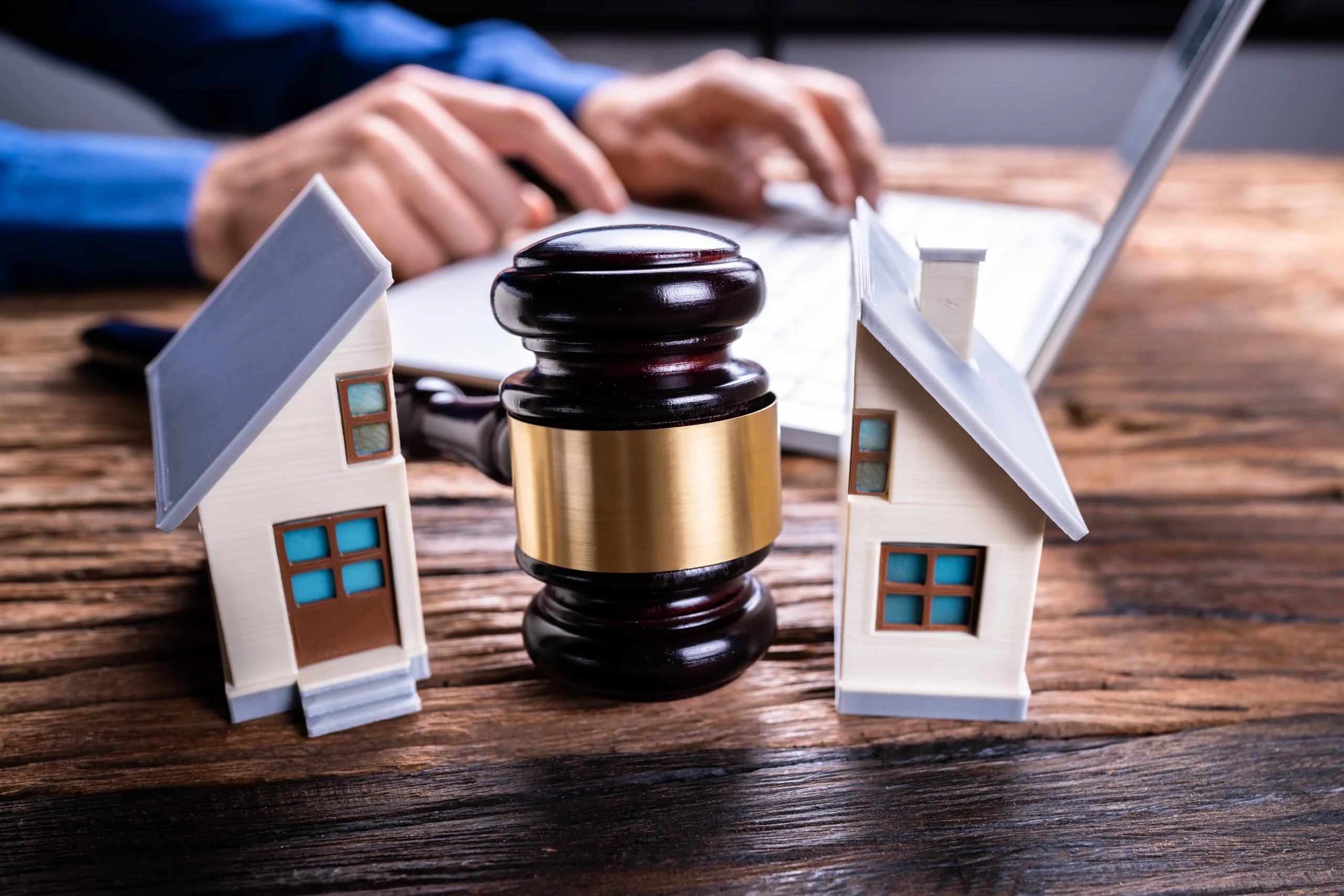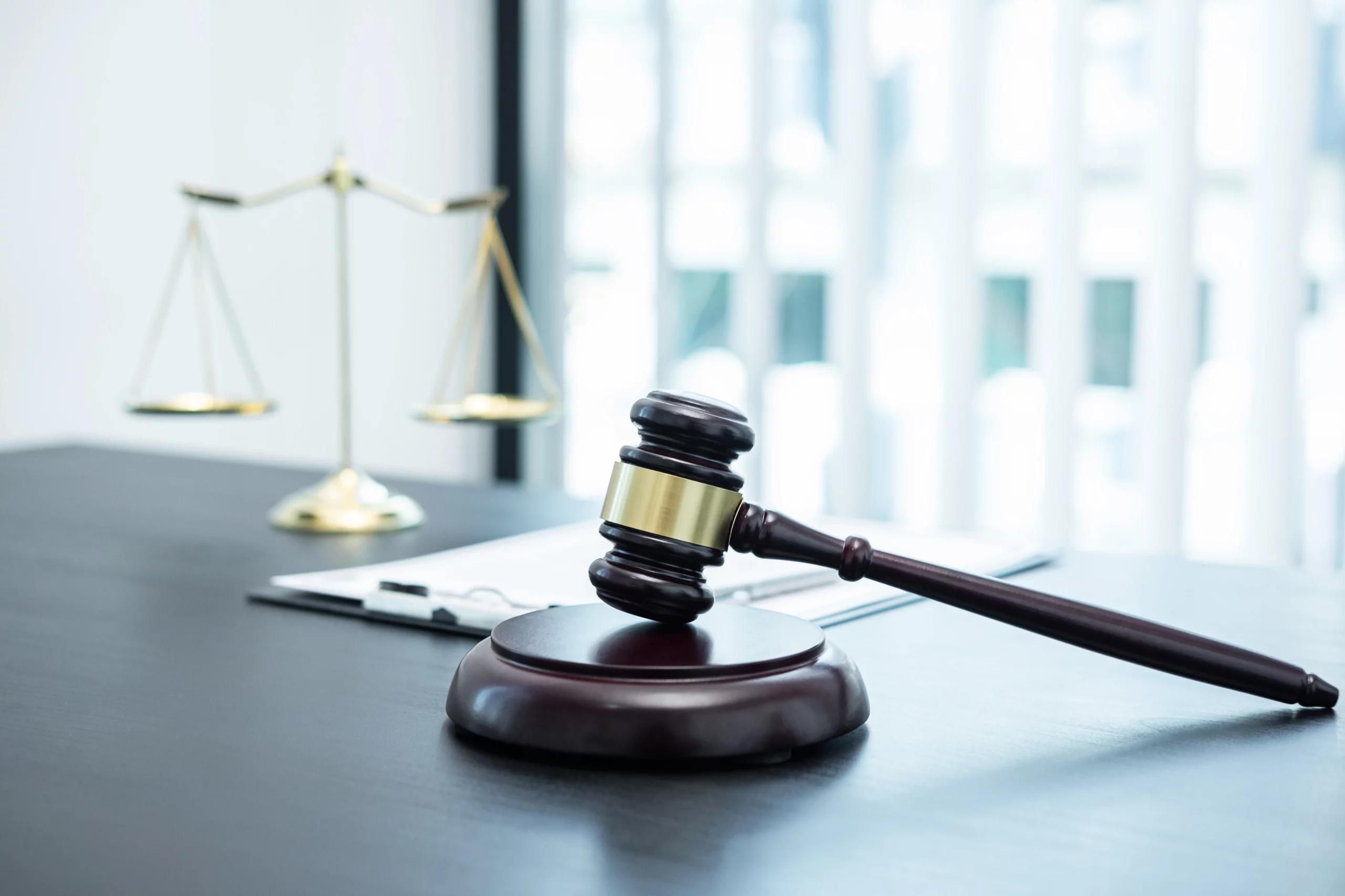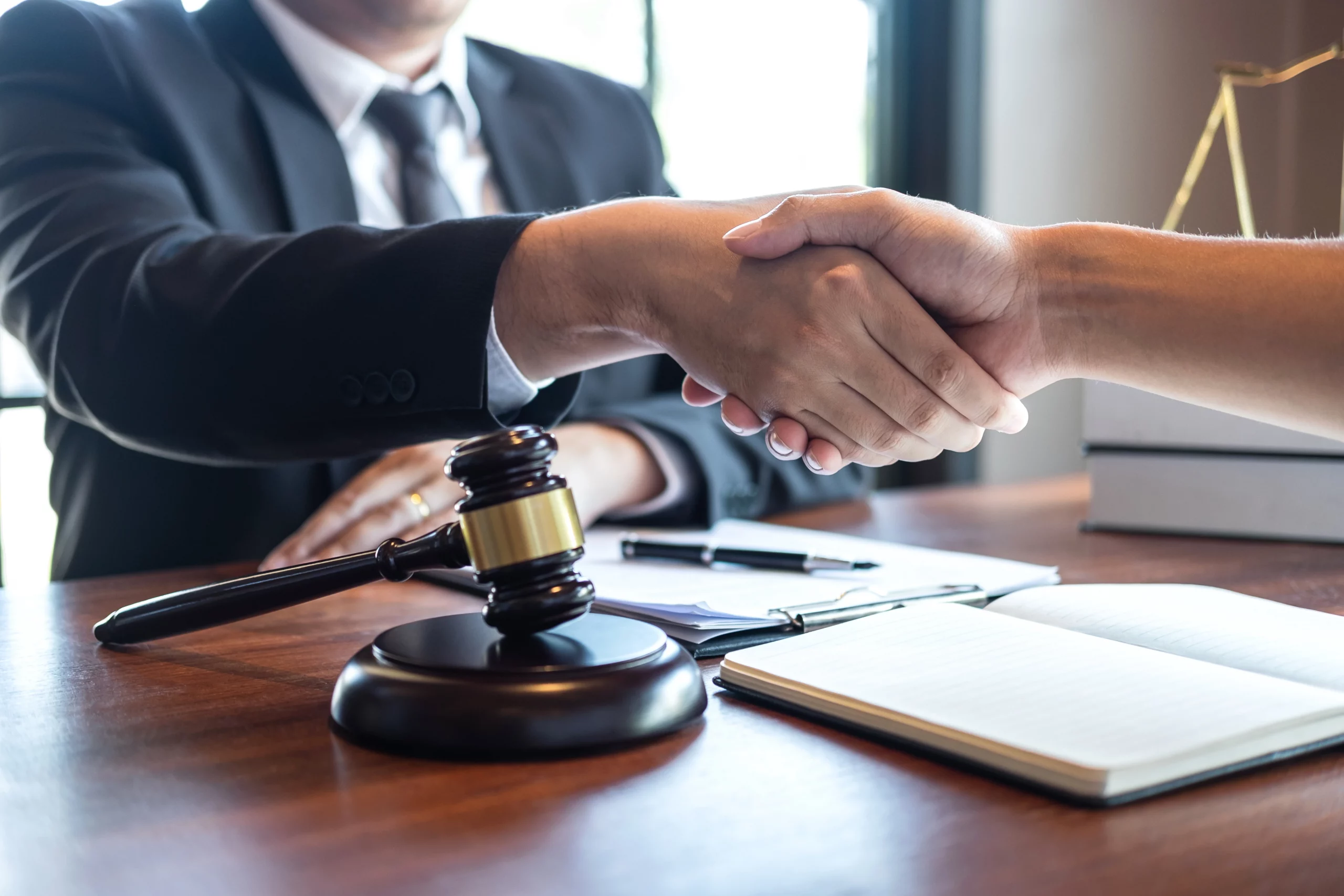Types of Insurance for Slip & Fall Injury Claims
The Best Premises Liability Injury Law Firm
Premises Liability > Claims > Insurance Type
The source of slip and fall compensation depends on where the injury happened. Learn which type of insurance might cover your claim.
Damages and medical bills from slip and fall accidents can easily reach six figures. Only among the elderly in the United States was an estimated $50.0 billion spent on medical care due to fatal and nonfatal falls in a year. ¹
The vast majority of people who sustain injuries due to slips and falls do not have the means to cover the cost of their care out of pocket.
If the fall resulted from someone else’s carelessness, who is responsible for covering the costs? The response is conditional upon the location of the slip and fall as well as the insurance policies that are in effect.
If the slip and fall happened on business property, the property owner’s liability policy should pay for the damages. If the accident occurred on private land, the victim should be able to seek compensation from the homeowner’s insurance policy.
An aggrieved party may need to launch a lawsuit to recover damages from the party at fault in the absence of insurance coverage.
Let’s break down the several policies that might pay for your injuries if you fell and hit your head.
Injury Claims
Free Consultation
NO FEE UNLESS WE WIN
Compensation Requires Proof Of Negligence
Even if you’ve been hurt in a slip and fall, you may not be eligible for financial compensation.
To receive compensation for injuries sustained in a slip and fall, the victim must prove that another party’s negligence was the proximate cause of the incident. This holds regardless of the specifics of the insurance policy in question.
To prove negligence, you must show:
- A hazard existed on the property where the accident took place
- The property owner was aware or reasonably should’ve been aware of the hazard
- The victim was legally allowed to be on the property
- The hazard caused the victim’s injuries
- The victim suffered damagesdue to the property owner’s negligence
Examples of “damages” include
- Medical expenses.
- Medical bills not covered by insurance
- Lost earnings
- Pain and Suffering.
If the components of carelessness aren’t there, an insurance company will not be obligated to pay for the damages suffered by their insured. You can still rely on your health insurance to cover any necessary medical expenses.
An Accident Occurring On Private Property
You might be eligible to claim the homeowner’s insurance if you were injured in a fall at someone’s home. This sort of insurance is standard for homeowners.
The lender often requires borrowers of mortgages to have homeowner’s insurance. A homeowner is not required to have insurance if they have paid off their home in full.
If your fall occurred on someone’s private property, you should inquire whether or not they have insurance and obtain the contact information for the insurance company.
It’s not out of the ordinary for homeowners to be coy about whether or not they have insurance, much less who their insurer is. When someone files an injury claim against a homeowner, the homeowner usually sees a rise in their premiums or perhaps a termination of their coverage.
There is no central repository or searchable database where you can see if a person carries homeowners insurance. It may be necessary to resort to legal action to obtain the insurance information from the property owner if they refuse to cooperate.
After Filing a claim for damages after a slip and fall, the process is quite similar to a claim against a motorist’s insurance company. Once you’ve notified the insurer, an insurance adjuster will be assigned to your claim.
The insurance adjuster will contact the property owner to get their side of the story. You, the claimant, will then be contacted so that they can hear your side of the story.
In many cases, insurance adjusters want a recorded statement from the policyholder explaining what occurred. You should think twice about giving a recorded statement if you don’t have legal representation. Insurance adjusters are professionals who have been educated to exploit your own words against you.
Don’t be duped by the adjuster’s attempts to get a statement out of you. Accident victims who foolishly agree to give taped statements to insurance adjusters always regret their decision. If you’ve been hurt and are unsure what to do, you should go to a lawyer.
Insurance adjusters will need to see copies of any relevant medical documents and bills to process your claim. They will also require documentation of your time off work and other financial losses caused by accident. An insurance adjuster will try to settle with you once your medical care is complete.
If your slip and fall injuries are severe or proving culpability is challenging, you should speak with a personal injury attorney to safeguard your rights.
Damage To Tenant’s Personal Property Due To Accidental Fall
Renters have the right to a rental unit free of unreasonable dangers, including those that will persist over time and those that can be eliminated quickly. Both the renter and any guests are responsible for cleaning up any mess they make.
There is usually little confusion about who is responsible for damages after a fall in a privately held property and how much insurance coverage is provided. Falling, though, on someone else’s rented property can complicate matters.
Your damages should be covered by either the landlord’s liability insurance or the renter’s insurance coverage.
There is an obligation on the part of landlords and property managers to ensure the safety of anyone who enters or uses a rented property. As soon as a safety concern is raised, it must be addressed.
Landlord responsibilities include:
- But are not limited to,
- fixing walkways,
- Shoveling snow,
- Removing ice, and addressing tenant complaints about unsafe conditions.
- Address any other safety concerns on the premises.
Let’s say a resident of an apartment or townhome complex suffers a slip-and-fall injury in a shared facility like the swimming pool, elevator, stairs, or playground. In such a case, the accountable party is usually the landlord or property management.
The victim may seek compensation under the landlord’s property insurance coverage.
In most cases, the landlord must ensure that the building meets all applicable regulations. The property owner is responsible for any injuries sustained by tenants due to code violations.
Infractions of the law may involve any of the following, depending on the specifics of the law in each jurisdiction:
- Uneven curbs and walkways
- Unmarked slippery lobbies and floors
- Unsafe stairs and handrails
- Unlit pathways or stairwells
- Crumbling steps, or warped, rotting wooden stairs
- Downspouts that pool water and create ice patches
It’s unfortunate yet usual for landlords and tenants to try to pass the buck. The location of the slip and fall or the lease terms may determine who is at fault in the ensuing blame game.
As stated in the lease, the responsibility for shoveling snow and ice off sidewalks may fall squarely on the tenant’s shoulders. If the tenant does not follow the rules and someone is hurt because of it, the tenant could be held responsible.
The landlord and the tenant may be responsible for any injuries sustained in a fall on the property.
Tenants should report any dangers on the property to the landlord or property manager. They may be partially responsible for any injuries in their flat if they do not take these precautions.
Renters’ insurance is available to compensate for the loss of clothing, furniture, and other personal items in the event of a fire or other covered incident. The tenant and their family are not included in the policy’s scope of protection. Guests of an apartment who get injuries due to the insured tenant’s negligence are, nonetheless, covered.
You must weigh the costs and benefits of going to court if the renter is responsible for your injuries but does not have renter’s insurance.
In The Event Of A Slip And Fall, A Tenant May Be Held Liable, As In The Following Example.
As Susan was washing dishes one night, she heard a steady trickle from the pipe beneath the sink. She decided to sleep on it and report the issue to the building manager in the morning, so she positioned a bucket beneath it.
She realized the trickle was still present and perhaps more intense the following morning. She was already late for work and mentally jotted down a note to herself to contact the building manager during her break.
After waiting a few hours, her friend finally showed up to take the dog for a walk. He had just entered the kitchen to get water for her dog when he slipped and fell in a huge puddle by the sink. Both his elbow and tailbone were broken.
Susan is not liable for the broken pipe or its repair, but she is expected to notify the building manager as soon as possible. She might be somewhat responsible for her friend’s injuries if she did nothing to prevent them.
Clients Falling Stairs At The Office
The vast majority of companies carry some form of commercial property insurance. It’s very similar to a standard homeowners policy, although the levels of protection are usually significantly larger.
Most injuries sustained in the workplace are covered by commercial property insurance, including those sustained in slip-and-fall incidents.
Negligence can cause a slip and fall accident on business property if:
- Employees didn’t clean spills and drips promptly
- Snow and ice weren’t appropriately cleared off walkways and parking lots
- Walkways weren’t kept in good repair
- Parking lot surfacesweren’t maintained to avoid cracks and potholes
- There were physical obstacles present such as loose cords
- Obstacles prevented easy customer access, especially customers with assistive devices
- Other hazards existed, such as sharp edges on shelves and racks.
Once a claim is submitted, it proceeds similarly to a claim on a standard homeowner’s insurance policy.
You will need documentation, such as bills and medical records, to back up your claim for damages after a slip and fall. Your insurance company will want to know how you came to be on the business’s property and how the owner’s negligence led to your injuries.
Insurance providers do not always write a check when there is damage to a company’s property. An insurer can reject a claim even if the business has general liability or premises liability insurance.
You can sue the business and any customers, vendors, contractors, or subcontractors that contributed to your slip and fall accident.
Punitive Damages For Accidents On Public Property
You must claim the government agency in charge of the property where your slip and fall accident happened or against the government employee who caused it.
Statutes in every state govern liability claims against governments. The statutes of limitations and the proof requirements for bringing a claim on behalf of an injured party are both addressed here. Thanks to special statutes, the government may be immune to lawsuits in particular circumstances.
For instance, a claim for premises responsibility against a California state or local government body is permissible under the California Tort Claims Act (CTCA).
According to the CTCA, the injured party must provide evidence that:
- If the government agency knew or should have known that a hazardous situation existed on the premises
- if a government employee was negligent, then the government agency is liable for any injuries that result from the accident.
The statute of limitations for most statutes about slips and falls on public property is far shorter than the statute of limitations for slips. It falls on private residences and commercial properties.
Filing a government claim or providing notice of your intention to do so might have short deadlines, often as short as 90 days.
At most, people who have been wounded in California have six months to file a valid notice of claim. Some states allow victims up to a year from the date of the accident to file a notice of claim.
Accident victims who fail to provide notice within the required time frame will lose their right to file a claim for damages.
Just What Is A “Notice Of Claim” From The Government?
To initiate a civil lawsuit against a government entity, a “notice of claim” must first be filed. It is better to be safe than sorry, so if you aren’t sure which government department is responsible, serve notice on them all.
By giving the government agency notice of your injuries and the opportunity to remedy the situation on its own, you avoid having to sue the government for damages soon after the incident.
Your slip-and-fall claim notice needs to include the following information:
Include the following information in your letter to the insurance company:
- The date and time of your slip and fall.
- The location.
- A brief explanation of what happened.
- Your contact information.
- A request to forward the letter.
Your claim will either be approved or rejected by the relevant government agency. If the government refuses to accept responsibility, you can sue it in civil court.
Take Legal Action
You still have options for getting paid for your accident-related expenses, even if you can’t find any policies that are still valid.
If someone else was responsible for your slip and fall, you might be able to sue them for damages. In most cases, this will be the property owner or tenant whose land you tripped over.
To claim against the liable party, you can go to a local municipal court or a small claims court in your county.
There are significant downsides to filing a lawsuit. For instance, you’ll need to show that the law was broken to win a case based on negligence. The court will not compensate you for your damages if you cannot prove them.
Moreover, a judge or jury can rule in favor of the company or individual you hold responsible for the disaster. Even if this were the case, you still wouldn’t be compensated for your losses.
Unfortunately, there are cases where the court rules that a certain individual or company was at fault for an accident but lacked the financial resources to compensate the victim for their losses. However, even if they do, you may need to resort to illegal means to obtain payment.
You may need a court order to either:
- File a lien against their property
- Withhold money from their wages.
Expenses Payable Beforehand To Lawyers
Remember that you may have to pay some of your attorney’s fees upfront if you decide to sue someone. A lawsuit that you bring on your own time will cost you. Lawyers specializing in personal injury cases will advance these costs on your behalf, with repayment expected after receiving your settlement.
Some examples of these costs are as follows:
- Court filing fees
- The cost of having a sheriff or process server serve a legal complaint
- Court reporter expenses to pay for transcripts and depositions
- Payment of expert medical testimony at depositions and trial
- The cost of copying necessary documentation.
Check with a personal injury lawyer about the worth of your slip and fall claim before going it alone. Possibly, you’ll want to retain the services of an accident attorney to advocate on your behalf in court.
If you have been injured and want to sue the government, it is recommended that you speak with an attorney. Claims for injuries sustained on government property must be submitted within a certain amount of time, submitted using a specific government form, and may be denied if the form is not filled out correctly.
If you hire an attorney, he or she can help you maximize your settlement while taking on the stress of pursuing legal action, allowing you to focus on getting well.
Most personal injury attorneys provide free consultations. Most will be willing to take your case on a contingency fee basis if you employ them.
In this instance, the attorney’s fee depends on the outcome of your case, either through a settlement or a court victory. Nothing is due to them if they receive no remuneration. You agree to pay them a certain percentage of whatever money they recover for you (via settlement negotiations or a court judgment).
You have nothing to lose by consulting with an experienced slip and fall attorney, whether you plan on suing the insurance company or the negligent person directly.

FREE CASE REVIEW
We are standing by ready, willing, and able to help you. You can schedule a free consultation here on our website, or give us a call and talk to us. Whatever you prefer, we will accomodate you!








